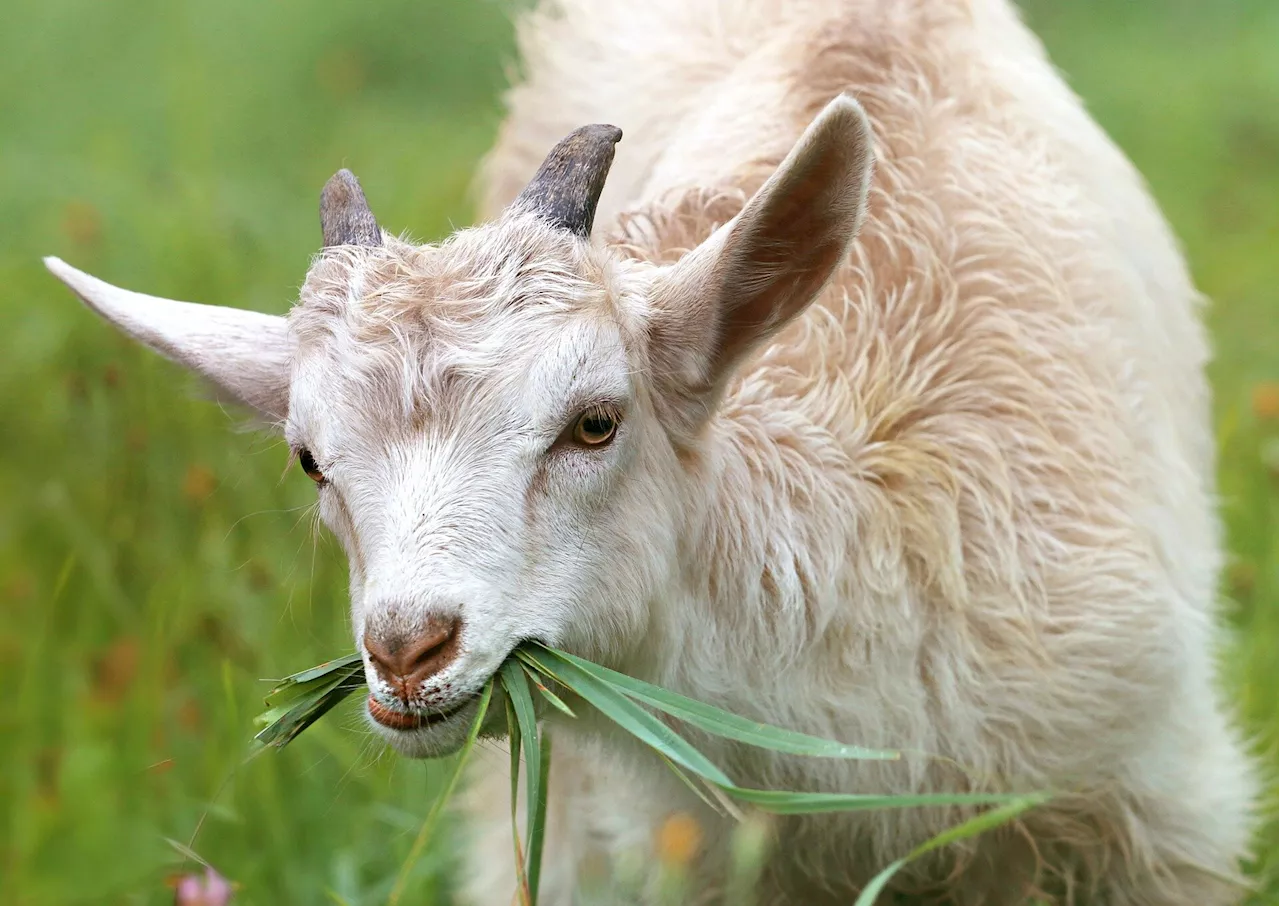Linnaeus collected 643 different plant species that were then fed to horses, cows, pigs, sheep and goats. The results were carefully compiled but not analyzed until now, 275 years later.
Are cows pickier eaters than goats? To answer this question, Carl Linnaeus collected 643 different plant species that were then fed to horses, cows, pigs, sheep and goats. The results were carefully compiled but not analysed until now, 275 years later, when they are also published by the Linnean Society in London.
Although the thesis was translated into German and English and was known among contemporary botanists in Europe, the results were never analysed. Now, however, Rydin has worked with other researchers to compile and analyse the data. The thesis contains numbers and references to Flora Svecica, Linnaeus' list of Swedish flora. According to the researchers, this was one of the first times Linnaeus used the now common naming convention, which has also allowed them to identify the species involved in the experiments.
Sheep Pigs Nature Endangered Plants Life Sciences Ecology Research Veterinary Medicine Animals Botany
United States Latest News, United States Headlines
Similar News:You can also read news stories similar to this one that we have collected from other news sources.
 Are cows pickier than goats? Answers from innovative large-scale feeding experiments from 275 years agoFor his 18th century thesis, Carl Linnaeus collected 643 different plant species that were then fed to horses, cows, pigs, sheep and goats. The results were carefully compiled but not analyzed until now, 275 years later, when they were also published in the Biological Journal of the Linnean Society.
Are cows pickier than goats? Answers from innovative large-scale feeding experiments from 275 years agoFor his 18th century thesis, Carl Linnaeus collected 643 different plant species that were then fed to horses, cows, pigs, sheep and goats. The results were carefully compiled but not analyzed until now, 275 years later, when they were also published in the Biological Journal of the Linnean Society.
Read more »
 Breakthrough in hydrogen research | ScienceDailyHydrogen is in great demand due to its promising role as a sustainable resource in the energy transition. Researchers have made an important breakthrough in the efficient and cost-effective provision of isotopes. These are the three forms in which hydrogen occurs in nature -- as protium, deuterium or tritium.
Breakthrough in hydrogen research | ScienceDailyHydrogen is in great demand due to its promising role as a sustainable resource in the energy transition. Researchers have made an important breakthrough in the efficient and cost-effective provision of isotopes. These are the three forms in which hydrogen occurs in nature -- as protium, deuterium or tritium.
Read more »
 Adhesive comes unglued on command | ScienceDailyModern integrated microelectronic devices are often poorly repairable and difficult to recycle. Debondable adhesives play a key role in the transition to a circular economy with sustainable resources, less waste, and intelligent repair/recycling strategies.
Adhesive comes unglued on command | ScienceDailyModern integrated microelectronic devices are often poorly repairable and difficult to recycle. Debondable adhesives play a key role in the transition to a circular economy with sustainable resources, less waste, and intelligent repair/recycling strategies.
Read more »
 Smart supramolecular assemblies | ScienceDailyResearchers have created 'smart' microparticles that self-assemble in response to the addition of a specific molecule. This work can help explain the behavior of biomolecular complexes, as well as pave the way for novel polymers that respond to their environment.
Smart supramolecular assemblies | ScienceDailyResearchers have created 'smart' microparticles that self-assemble in response to the addition of a specific molecule. This work can help explain the behavior of biomolecular complexes, as well as pave the way for novel polymers that respond to their environment.
Read more »
 How zebrafish map their environment | ScienceDailyResearchers are turning to zebrafish to unlock the secrets of place cells, which play a crucial role in forming mental maps of space, social networks, and abstract relationships. Until now, place cells have only been found in mammals and birds, leaving the question of how other species internally represent the external world largely unanswered.
How zebrafish map their environment | ScienceDailyResearchers are turning to zebrafish to unlock the secrets of place cells, which play a crucial role in forming mental maps of space, social networks, and abstract relationships. Until now, place cells have only been found in mammals and birds, leaving the question of how other species internally represent the external world largely unanswered.
Read more »
 Insulin cells don't need to team up | ScienceDailyOur glycaemic balance is based on the ability of the pancreatic beta cells to detect glucose and secrete insulin to maintain our blood sugar levels. If these cells malfunction, the balance is broken, and diabetes develops.
Insulin cells don't need to team up | ScienceDailyOur glycaemic balance is based on the ability of the pancreatic beta cells to detect glucose and secrete insulin to maintain our blood sugar levels. If these cells malfunction, the balance is broken, and diabetes develops.
Read more »
